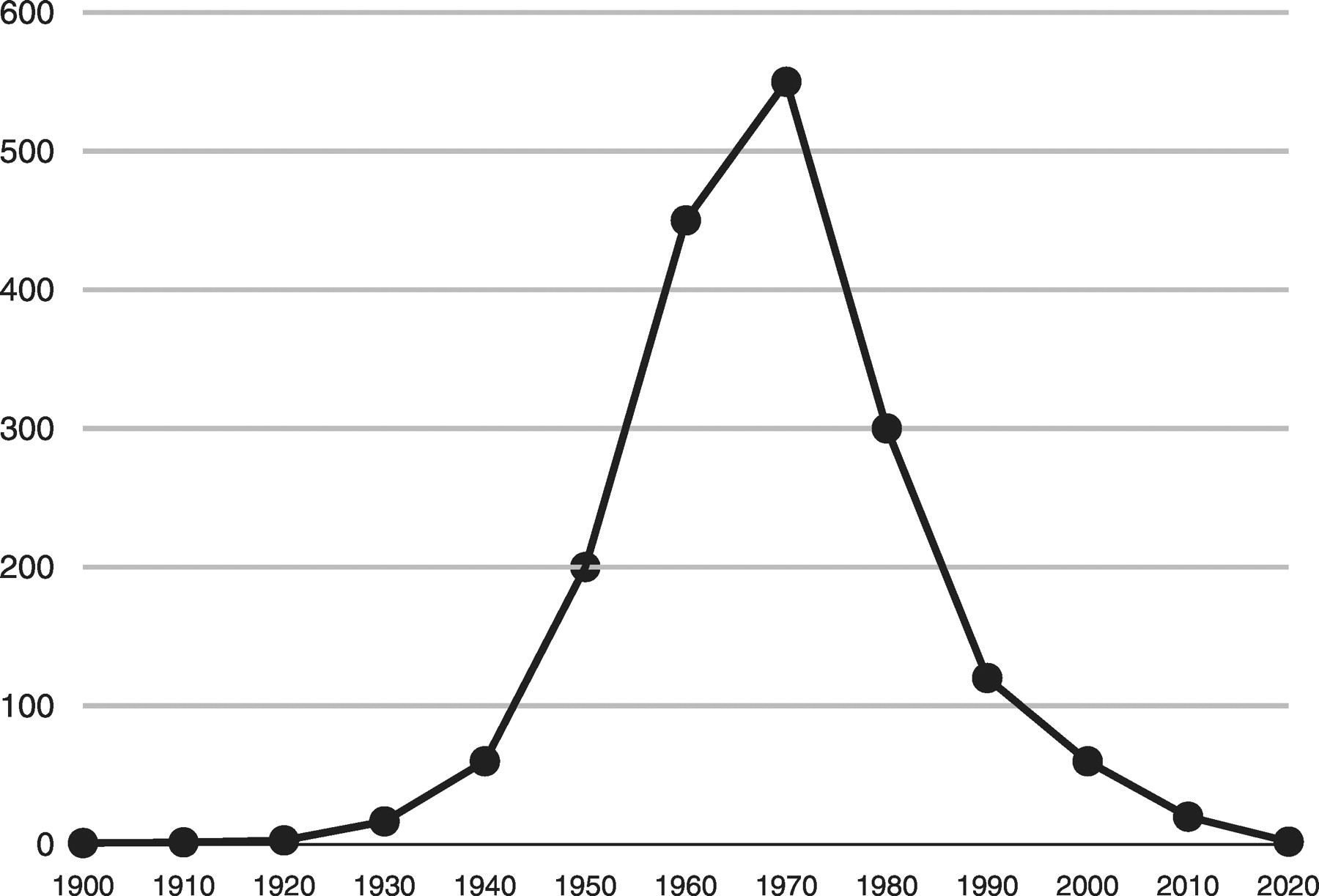LinkFest 2016-01-22
Source Criticism is not Credible
Pascal-Emmanuel Gobry is one of my recent follows on Twitter. Here, Gobry discusses one of the roots of the recent argument between Ross Douthat and members of the Catholic academy: source criticism. One of the most popular theories in the academy is that a hypothetical lost source document, known as Q for Quelle, was used to compose the Gospels. This theory was advanced in the 19th century to explain the similarities in the Gospels, which at the time were thought to have been composed in the second or third centuries. Present biblical scholarship estimates much earlier dates of composition, so the original reason for proposing the source theory is no longer pertinent. The theory, however, persists. Part of the reason for this seems to be is that it allows for an essential flexibility in biblical exegesis. Unfortunately, source criticism doesn't seem useful or correct on its own terms, so the current popularity of the theory seems to be an exercise in special pleading.
Everything Aristotle Said is Wrong
This essay was mentioned in passing by Gobry when he was discussing Source Criticism. In part, this essay is about modern philosophy, but it is also a fascinating history of Great Books programs in the United States.
The decline of deaths from Coronary Heart Disease worldwide

I've seen this paper before, and this graph is the most dramatic image contained within. Other papers on the same subject do not have quite as sharp of a peak in the data, and the ending and starting rates seem too low as well, it is pretty clear that CHD deaths in the Western countries peaked in the 1970s, and have steadily declined since. Compare this image from the NIH:

What is a lot less clear is exactly why this is. There have been many, many changes in treatments for CHD over this time period, and big changes in diet and smoking rates. It is pretty hard to tease out these things all together, but looking at dietary cholesterol in particular, the amount of cholesterol people in Western countries eat has steadily increased over the time period in question, which is part of reason why dietary cholesterol is no longer seen as so critical to heart disease.
Comments ()